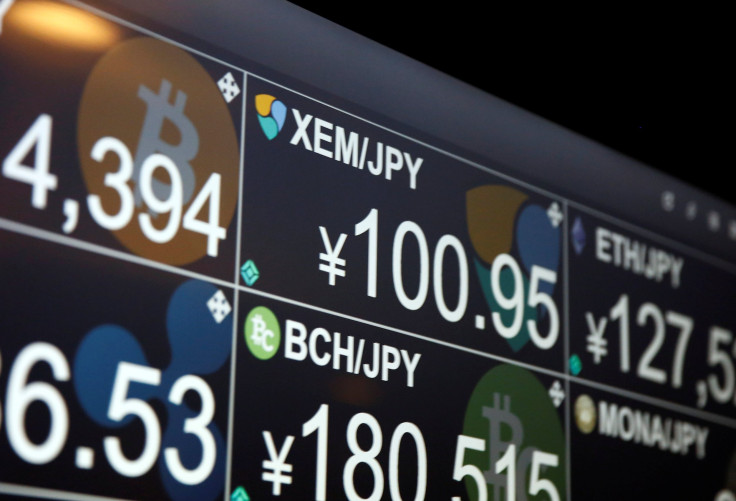Japan To Ease Stablecoin Restrictions In 2023, Lift Ban On Dollar-Pegged Crypto Assets: Report
Japan is looking to ease stablecoin restrictions in the country and lift a ban on the distribution of foreign-issued stablecoins next year, according to a report.
Following the collapse of the algorithmic stablecoin TerraUSD (UST), Japan was one of the first major economies to introduce a legal framework regarding stablecoins.
In June, Japan's parliament passed a bill defining the legal status of stablecoin in the country, categorizing it as digital money, requiring the crypto asset to be linked to the yen or another legal tender and asking to guarantee holders the right to redeem them at face value.
In September, Yuichiro Saka, a lawyer and a member of a working group at the Financial Services Agency (FSA), said in a stablecoin regulation that "there should be a high hurdle for the entry of foreign players. We should not compromise on the evaluation standards for foreign issuers."
But, a new report from Nikkei suggests that the Japanese regulator now seems to be more crypto-friendly since it is apparently looking into lifting the ban on the domestic distribution of dollar-pegged and foreign-issued stablecoins next year.
The report said that the new stablecoin regulations in the country will allow local exchange platforms to provide stablecoin trading "under the condition of asset preservation by deposits and upper limit of remittance."
Crypto firms are also required to abide by the country's strict anti-money laundering measures.
Local media reports noted that remittances will be subject to a 1 million yen or around $7500 limit per transaction with the FSA requiring exchanges to collect users' personal information, which is a part of the country's new stablecoin law that introduces a registration system for their circulation and reinforces anti-money laundering measures.
In the new stablecoin law, the FSA will require issuers of collateral assets as a form of security and will allow trust corporations, banks and companies provisioning fund transfers to be the only issuers of stablecoins.
The Japanese financial watchdog also hinted at more stringent rules on stablecoins in the future. So far, of the 31 cryptocurrency exchange platforms registered with the FSA, none is offering stablecoins trading for assets like USDT or USDC.
If the said plan pushes through next year, it will certainly have a significant impact on cryptocurrency trading in the country.
The tax committee of Japan's ruling Liberal Democratic Party approved earlier this month a proposal removing the requirement that crypto firms should pay taxes on paper gains issued tokens.

© Copyright IBTimes 2024. All rights reserved.






















